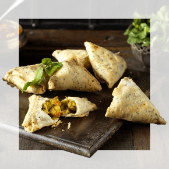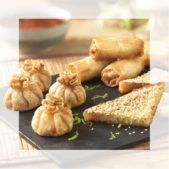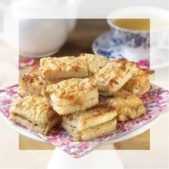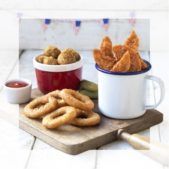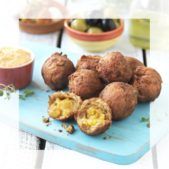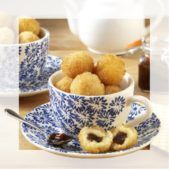Though it will no doubt be welcomed by legions of schoolchildren, a salad shortage is sweeping UK supermarkets leading to empty racks which once groaned under tomatoes, lettuce and cucumbers.
At this time of year most of Britain’s fruit and veg is imported from Spain and North Africa and unusually cold weather and floods in those areas has led to the shortage. Storms leading to freight ferries being cancelled have also contributed to the problem.
Meanwhile, leading greenhouse and polytunnel growers in the UK and the Netherlands have cut back on production due to the high cost of electricity.
No doubt we will manage, after all it isn’t the first time consumers have had to survive a shortage of particular goods.
Wartime rationing was commonplace across the world. With shipping diverted to troop and weapon transport imports of fruit were hit, as recorded in the famous tune “yes, we have no bananas”.
Car production in the US was halted during the war and with a shortage of parts afterwards it took years to get back into full swing. The Government was keen to ensure car ownership was not limited to the very wealthy and so imposed a maximum price dealers could charge on the much in-demand motors.
Bribes became commonplace and one dealer sold cars on condition the buyer also bought his dog – for $600. The next day the dog was returned to the dealer for another, much lower, price.
In Australia a post-war housebuilding boom was halted by the lack of paintbrushes to apply the finishing touches.
Operation Pig bristle was launched (yes, it really was called that) with the Australian airforce tasked with sourcing what was a vital ingredient for paintbrushes.
Chungking in China was identified as an option but at the time the region as largely unmapped and undergoing civil war. The mission proved a success however and over a number of sorties, 25 tonnes of pig bristles were secured and Aussies were able to paint their houses.
In 2011 Norway, 90% of butter was produced by the state-run Tine dairy company with massive tariffs on imported butter protecting the domestic market.
But this would lead to “smør-panik” – butter panic – when an unseasonably wet spring and summer and reduction in sunlight affected the quality of grazing land leading to low milk yield. This led to mass shortages of butter heavy goods over the festive period including the famed Norwegian Christmas buns.
Single packs began selling for £32, people were arrested for trying to smuggle illicit supplies across the border and Norwegians were enticed to supermarkets in neighbouring Sweden by the lure of free butter with every shop.
The current fruit and vegetable shortage is only likely to last a few weeks at most before the UK growing season kicks into action. Meanwhile, supplies of SK Foods are still on hand to spice up your meals and we promise you won’t also have to buy a dog to try beetroot falafel instead of tomato or onion bhajis instead of peppers.
About Sean Flint
Development & Innovation Chef of SK Foods.
Your food. Our Passion.
